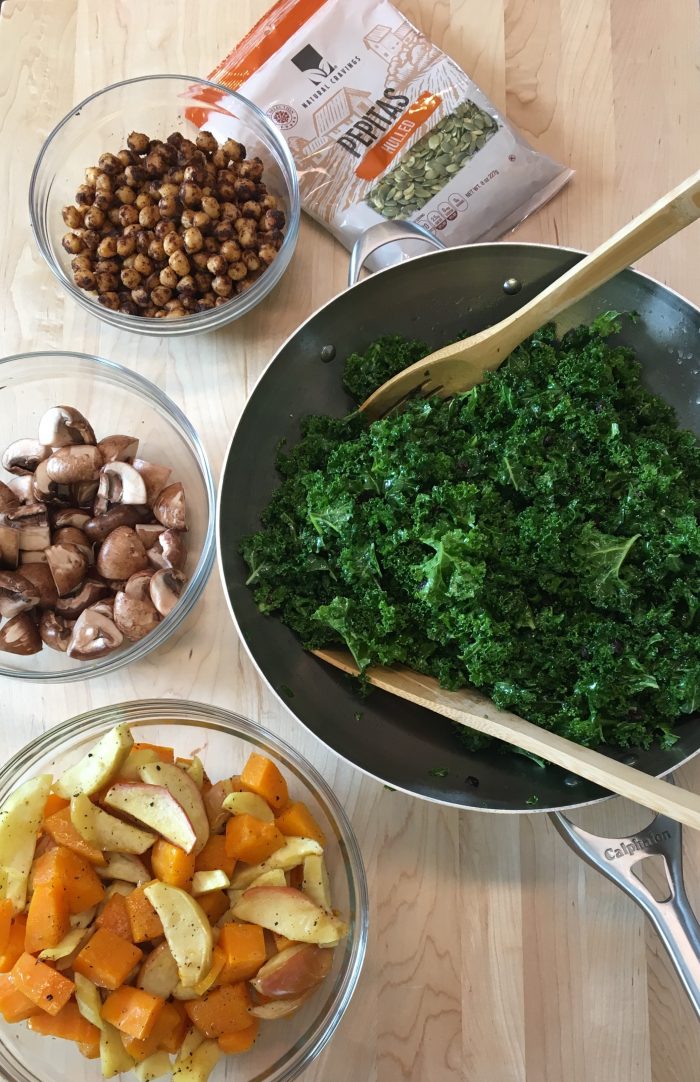Organic food is produced through farm system that avoids the application of conventional inputs such as human-made fertilizers and pesticides (Desmond). Organic food is popular worldwide due to the rapid change in farming technology. The regulation on organic food vary from nation to nation, in the United States, organic crops are supposed to be grown minus the application of synthetic pesticides, petroleum-based fertilizers, bioengineered genes and sewage sludge-based fertilizers (Desmond). The organic livestock raised for meat, dairy products, and eggs should be fed using organic feed and have access to outdoors. It is important for the society or the buyers to understand the benefits and some disadvantages of organic food because every food has impacts on human health.
- Background of Organic Food
Organic farming started in 1924 with the goal of encouraging the production of organic food. Organic farming embraces the use of synthetic chemicals and considers farming as universal process integrating soil fertility, livestock care land growth, but it also involves the spiritual aspects such as astrology and sympathetic magic (Desmond). Modern organic farming was pioneered by medicine promoter called J.I. Rodale after starting his farm 1940. Rodale chose to embrace organic farming that produces organic food because he had realized the nutrition value damage which had been caused by the application of pesticides and fertilizer on the farm. Based on Rodale argument about the damage caused by the use of pesticides and chemical fertilizers on food taste and nutrition value, it is essential for the society to understand the importance of consuming organic food.
- Advantages of Organic Food
How food is grown, have major repercussions on our mental and emotional health as well as the environment. Organic food has a lot of important nutrients; for example, adequate antioxidants can be found in most organic food thus helping people with allergies to foods, preservatives or chemicals because the antioxidants help in lessening the symptoms and even eliminating allergies (Robinson, Segal, and Segal). Therefore, most nutritionists advise people with allergies to chemicals or preservatives to consume pure organic food.
Organic food is fresher as compared to the Genetically Modified Organic food (GMOs) because they do not contain additives that make it last longer (Robinson, Segal, and Segal). It is surprising that most consumers consider what looks fresh without thinking on the chemicals that have been applied to the product to look fresh. Organic food does not last long as compared to the GMO because they preservatives are not applied. Therefore, it is advisable for the consumers to consider buying the organic food right from the farm at a small quantity particularly where they do not have the preservation machines such as refrigerators.
Mass consumption of the organic food in the society has a big impact on the environment because if farmers do not apply chemicals on their farms, then water and soil pollution can reduce; hence there will be less chemicals exposed to water and soil (Robinson, Segal, and Segal). Water purity can be attained by applying less chemicals on soil because chemicals on soil can be washed away by rains to rivers, boreholes, and lakes thus affecting animals, human and birds relying on such contaminated water sources.
In Organic farming, less pesticides are used as compared to the conventional farming where a lot of chemicals including; fungicides, herbicides, and insecticides applied. Excess application of pesticides on farm products leads to excess contents on chemicals on the food we eat because chemical residues remain on food (Robinson, Segal, and Segal). According to most researchers, availability of chemical residues on food is one of the major causes of serious diseases such as heart diseases and cancer. Therefore, consuming organic food helps in reducing risks of suffering lifestyle diseases.
According to the European study which was done in 2016, the results showed that organic milk and meat are richer in certain nutrients. The level of omega-3 fatty acids was found to be 50% more in organic milk and meat than in conventionally developed versions (Robinson, Segal, and Segal). Therefore, based on 2016 European study it is evident that people should always consider consuming organic meat and milk because they are nutritious and does not make consumers vulnerable to food-related diseases such as diabetes and obesity.
- Disadvantages of organic food
Organic food is expensive because organic farmers do not apply artificial techniques to grow crops; hence they tend to make less production in farms. The manual labor needed to perform activities such a pulling weeds and crop rotation elevate the cost of organic products as far as input cost is concerned (Jessica and Zielke). The scarcity of organic products makes the prices hike thus forcing people to opt for conventional products. According to my observation, the differences between the food that are believed to be organic and conventional has reduced because some organic farmers have tended to apply some modern techniques that are almost similar to conventional techniques.
In conclusion, organic food is more beneficial to human health and environment because it serves as the source of energy and prevention of lifestyle diseases that result due to bad eating cultures. Nations and international food security programs should consider employing sophisticated techniques such as funding the organic farmers as a way of reducing the organic food prices and increasing the supply of organic food worldwide. Campaigns should be done to enlighten people regarding the differences between organic food and GMO because most people, particularly in third world nations do not understand the effects of consuming either organic food and GMO products.
 Share on bsky
Share on bsky





Read 0 comments and reply